Steve Ballmer regrets not transforming Microsoft into “a world-class hardware company”
3 min. read
Published on
Read our disclosure page to find out how can you help Windows Report sustain the editorial team. Read more
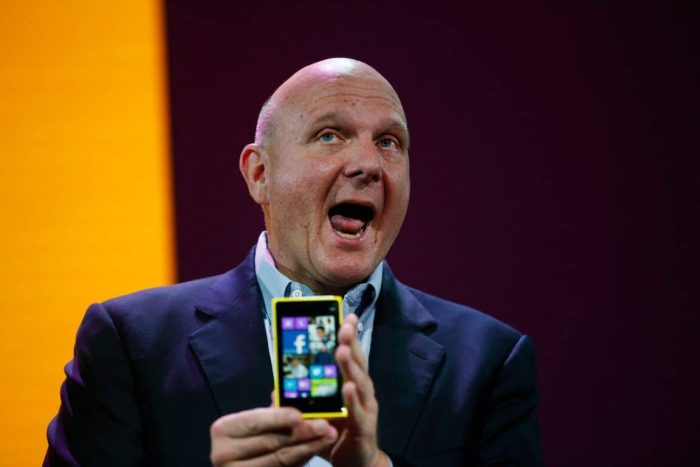
“People who are really serious about software should make their own hardware,” said American computer scientist Alan Kay in the eighties, and this quote still sounds very much relevant as of today. When you look at Microsoft, which remains one of the biggest software companies in the world today, it’s clear that the launch of the first Surface devices in 2012 had a significant impact on both the PC market as whole and the way that the company was perceived.
No, Microsoft didn’t immediately became “cool” following the launch of the Surface Pro and Surface RT hybrid PCs, but the company showed everyone that it had real design chops and a clear vision for the future of computing devices. More importantly, creating its own hardware certainly helped Microsoft to develop Windows 10, which is a much more versatile and “touch-friendly” OS than Windows 8 was.
The Surface line was created when Steve Ballmer was still CEO of Microsoft, and the former exec was also the man behind the acquisition of Nokia’s phone business (something that the board disagreed with at first). At the time, Ballmer wanted to transform Microsoft into a “devices and services” company, but the Nokia deal happened too late and clearly didn’t pay off for the company.
In a recent interview during Recode’s CodeConference, Ballmer shared some of his regrets as the former CEO of Microsoft, and as you can guess hardware is a big part of it. “I think I was too slow in cases to recognize the need for new capability, particularly in hardware,” explained Ballmer, without specifically mentioning Surface or Lumia devices. “I wish we’d built the capability to be a world-class hardware company, because one of the new expressions of software is essentially the hardware,” he added. “The company under my leadership should have built that capability earlier than we did.”
It’s not the first time that the former CEO looks back at his past decisions, as he previously discussed with Bloomberg how he would have done Windows Phone differently. Speaking about the acquisition of Nokia’s phone business, he explained that “if executed in the certain way, I think it made a lot of sense. The company chose to go in another direction and that’s the decision the company made.”
With Satya Nadella as its new CEO, Microsoft inaugurated a “mobile-first, cloud-first” strategy, with increased support for the most popular mobile platforms out there. In the same time, Microsoft clearly doubled down on its Surface hardware while neglecting Lumia phones and other devices categories.
The Surface line shows that Microsoft has become a great PC maker, but the company may have not learned all lessons from the past. Indeed, the Redmond giant is already late on some exciting new markets such as connected speakers or wearables, allowing Amazon, Google and Apple to become early leaders (Cortana-powered speakers are coming though). Microsoft seems to bet on mixed reality becoming the next big platform, but it’s still not clear if many consumers are excited about Windows Mixed Reality devices.
We’re not forgetting about the ultimate mobile device that Microsoft is reportedly working on, but the company will probably need more than great design and a more versatile OS to attract Android and iOS users. Yes, being a world-class hardware company is important to succeed in highly competitive markets, but timing may be even more important than that.




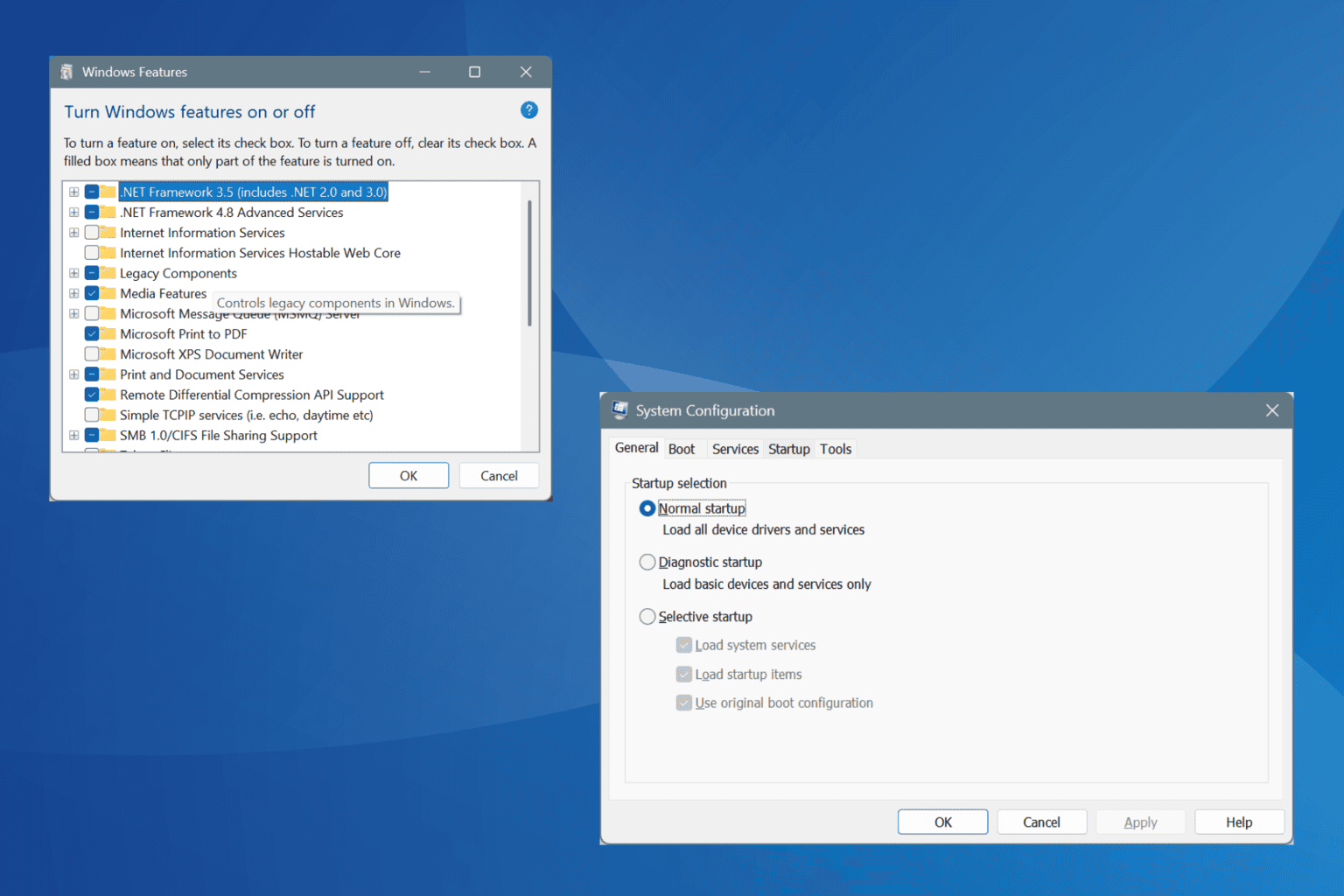
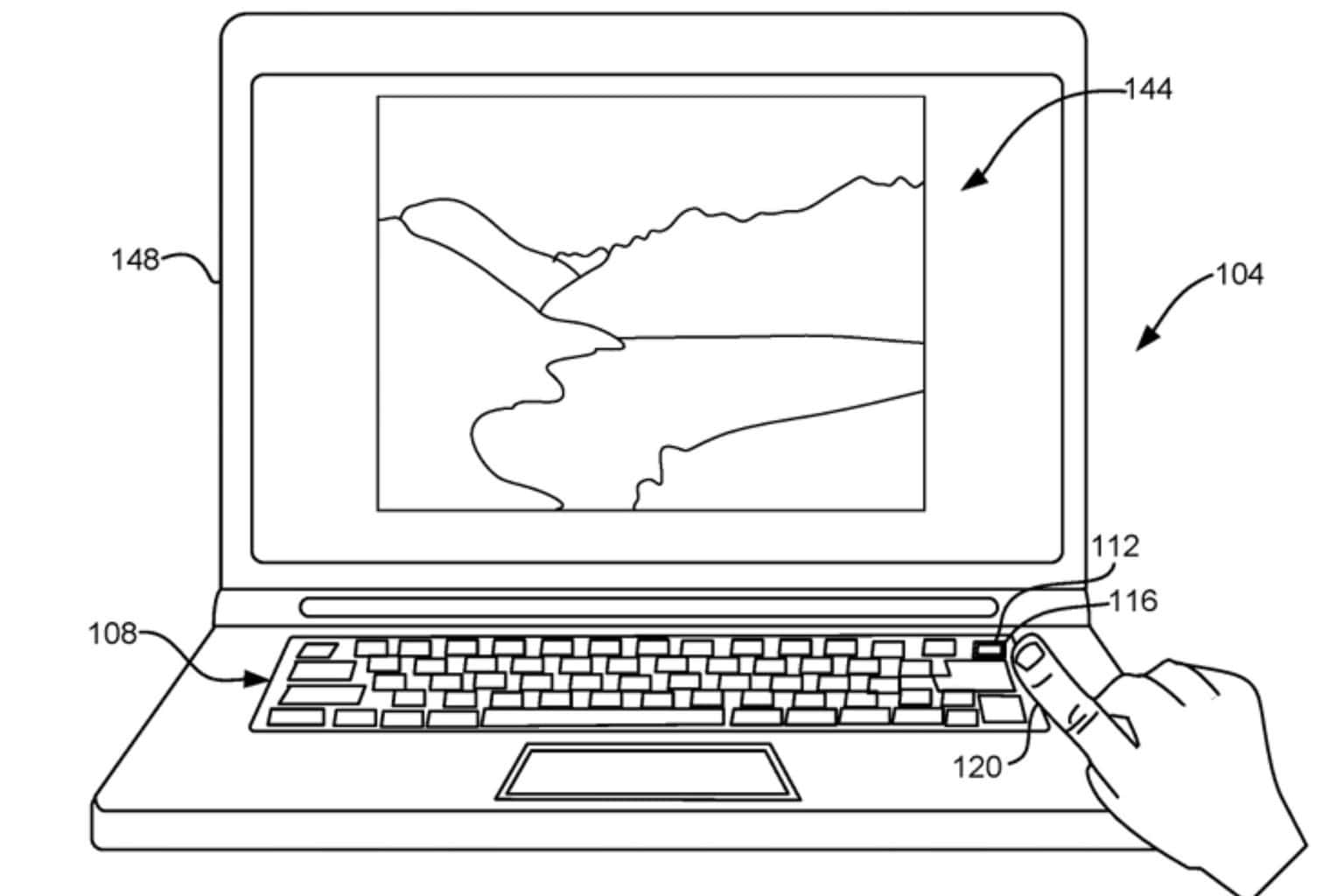
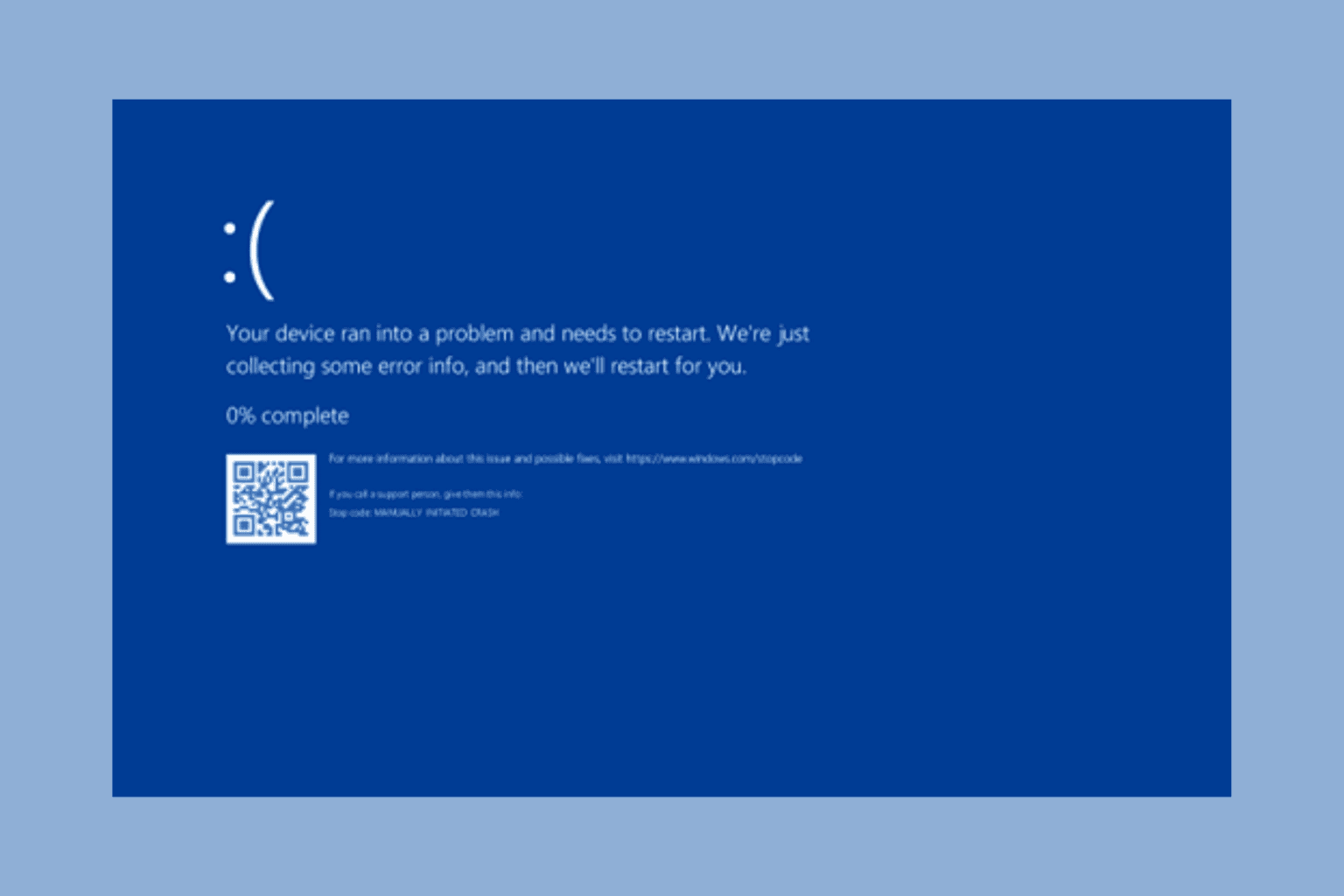
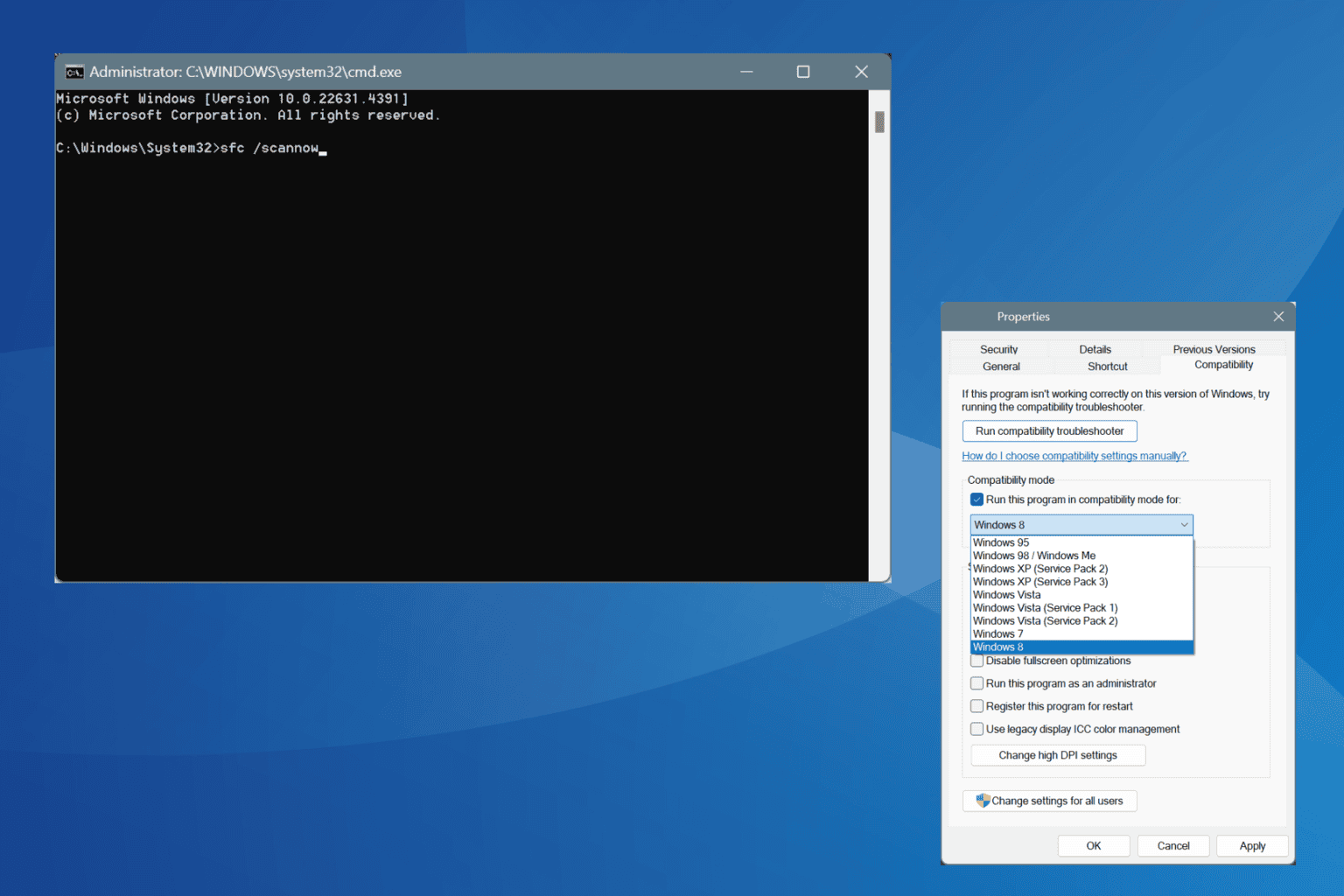
User forum
0 messages